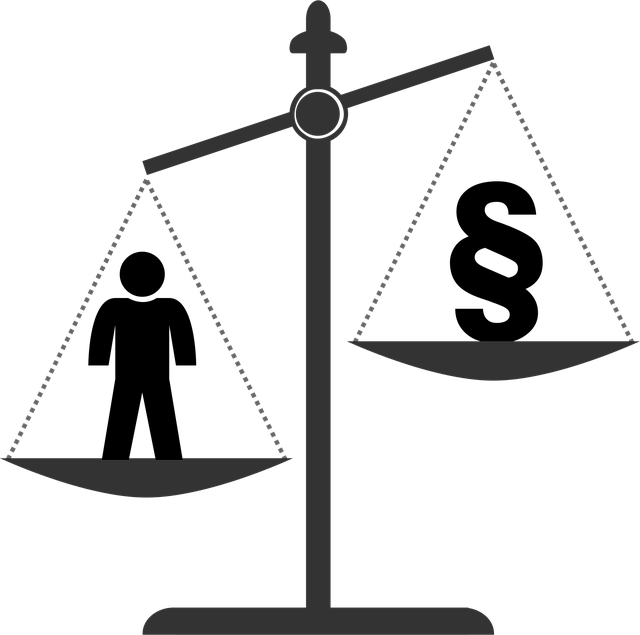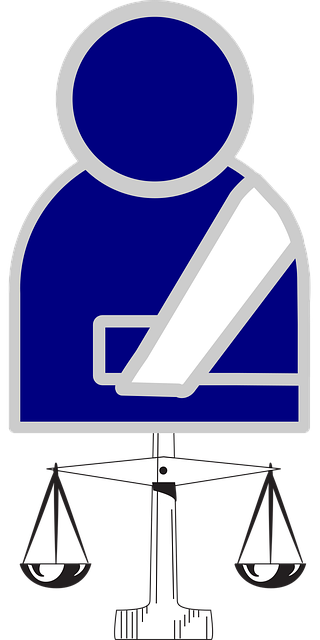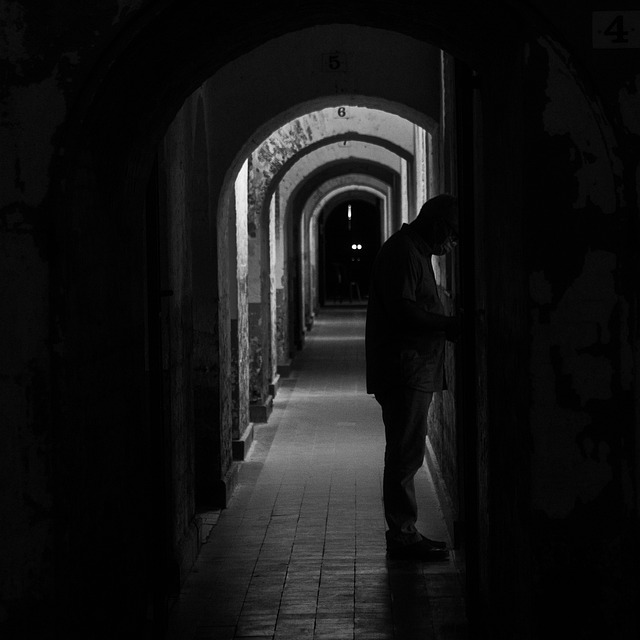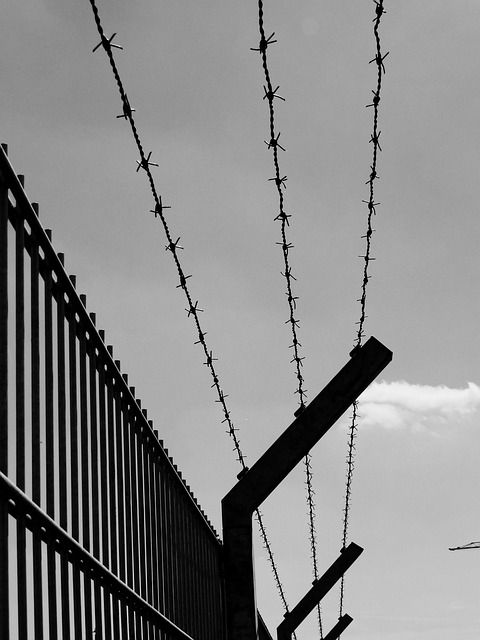Rural and urban areas exhibit stark contrasts in DUI legislation, with rural regions imposing stricter penalties due to lower population densities and limited resources, while urban areas prioritize public safety and rehabilitation with more flexible sentencing options. Understanding these disparities is crucial for individuals facing DUI charges, affecting case management, access to support, and recovery resource selection. The Rural vs Urban DUI Legislation highlights the gap in access to recovery resources, emphasizing the need for innovative solutions to bridge this divide.
In the pursuit of recovery, support groups play a vital role, especially for those grappling with DUI. This article delves into the unique challenges faced by individuals seeking healing in contrasting landscapes—rural and urban—and how local DUI laws impact their journeys. We explore the accessibility of support groups in remote areas and the obstacles urban dwellers encounter. Understanding these differences is crucial in navigating recovery paths, highlighting the need for tailored resources in diverse communities. By examining rural vs. urban DUI legislation, we aim to illuminate paths toward effective healing for all.
- Understanding Rural and Urban DUI Laws
- Impact of Location on DUI Penalties
- Access to Support Groups in Rural Areas
- Overcoming Challenges for Urban Recovery
Understanding Rural and Urban DUI Laws

In many regions, DUI (Driving Under the Influence) laws differ significantly between rural and urban areas. Rural jurisdictions often have stricter penalties, reflecting lower population densities and fewer resources for law enforcement. This means longer license suspensions, harsher fines, and increased jail time compared to urban areas. In contrast, urban legislation tends to prioritize public safety and rehabilitation, offering more flexible sentencing options and access to specialized recovery programs.
Understanding these disparities is crucial for individuals navigating the legal system after a DUI arrest. Rural residents might face more stringent consequences, while urban dwellers could benefit from alternative approaches to addiction treatment and behavioral modification. Familiarizing oneself with the specific Rural vs Urban DUI Legislation is essential in managing charges, seeking support, and ensuring access to appropriate recovery resources during the healing process.
Impact of Location on DUI Penalties

The location where a DUI (Driving Under the Influence) offense occurs can significantly influence the penalties faced by the accused. This disparity is particularly notable when comparing rural and urban areas, reflecting differing legislative approaches and societal contexts. In general, rural regions tend to have stricter DUI laws with harsher punishments, often mandated by local communities concerned about higher accident rates and limited emergency services access. Conversely, urban centers may implement more nuanced legislation, considering factors like dense traffic, readily available public transportation, and closer proximity to medical assistance, potentially leading to alternative sentences or reduced penalties.
These variations underscore the importance of understanding where a DUI incident takes place, as it can profoundly affect the outcome for the defendant. Legal defenses and mitigating circumstances may vary based on location, requiring individuals facing DUI charges to be aware of these regional disparities in legislation. This knowledge empowers them to navigate the legal system more effectively and potentially secure better outcomes.
Access to Support Groups in Rural Areas

In rural areas, access to support groups can be a challenge due to limited resources and populations spread over vast distances. This disparity in availability stands in contrast to urban centers where recovery resources are abundant and easily accessible. The Rural vs Urban DUI Legislation highlights this gap, showing that while urban regions benefit from well-established 12-step programs and specialized services, rural communities often struggle to provide similar levels of support.
To bridge this divide, innovative solutions are needed—from virtual meetings facilitating global connections to mobile support groups tailored for remote areas. These initiatives ensure that everyone, regardless of their location, has the chance to participate in recovery communities, fostering a sense of belonging and shared experience essential for long-term success in overcoming substance abuse challenges.
Overcoming Challenges for Urban Recovery

Overcoming challenges in urban recovery environments presents unique opportunities and hurdles. While rural areas often have more dispersed and tight-knit communities, urban settings offer a wealth of resources and support networks. However, navigating dense populations can complicate matters for those in recovery. The Rural vs Urban DUI Legislation disparity highlights this gap; laws catering to rural needs might not adequately address the complexities of urban life, such as heightened stress levels, diverse cultural influences, and concentrated access to substances.
Urban recovery groups must be adept at fostering a sense of belonging amidst these challenges. They provide safe spaces for individuals to connect, share experiences, and offer mutual support. By leveraging technology and utilizing innovative strategies, urban recovery communities can bridge the gap left by traditional services, ensuring that those in need have access to effective, tailored resources for their journey towards sobriety.
Support groups play a vital role in both rural and urban recovery journeys, offering essential resources and communities for those struggling with alcohol addiction. While access to these groups can vary significantly between rural and urban areas, due to differing populations and legislation like the Rural vs Urban DUI Legislation, innovative solutions are needed to bridge this gap. Overcoming challenges through tailored programs and increased awareness can ensure that everyone, regardless of location, has the opportunity to find support and recover.






